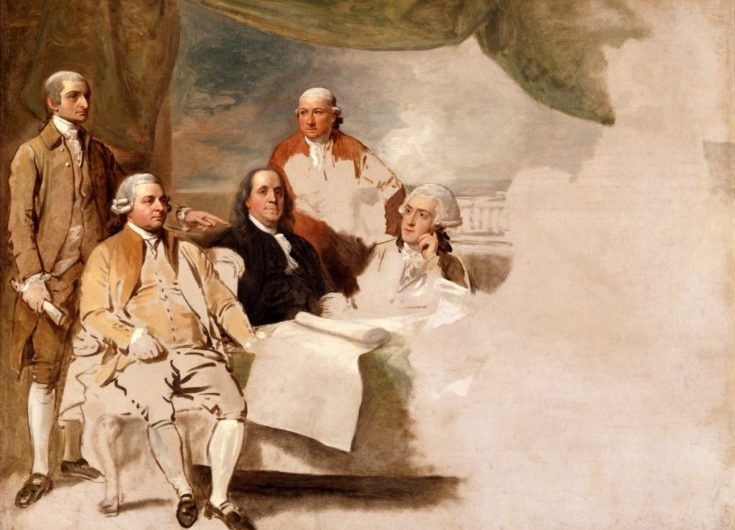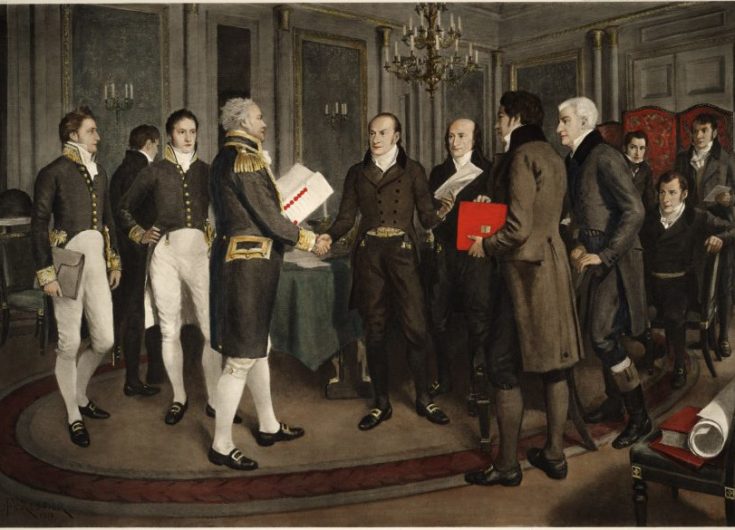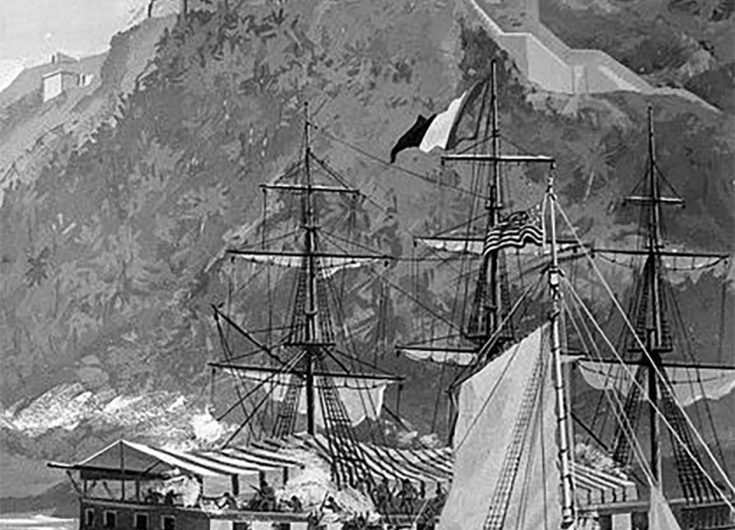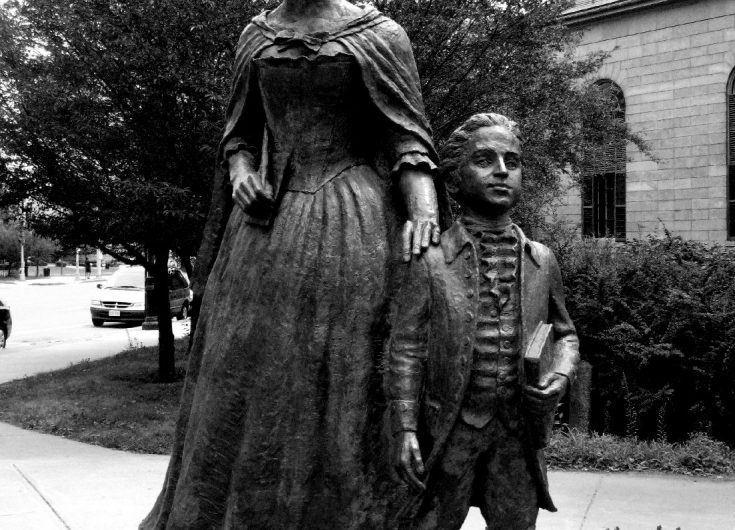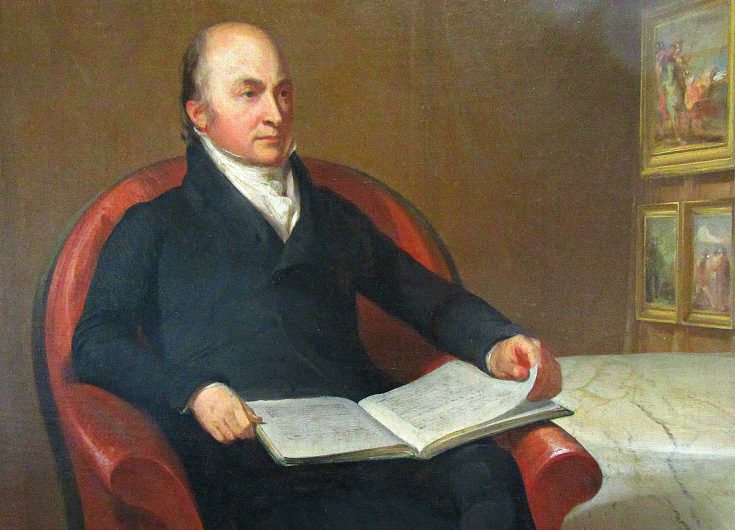Author: Patrick J. Garrity +

Patrick J. Garrity (1955-2021) was Founder and Executive Director of the Classics of Strategy and Diplomacy project until his untimely death from cancer. He held teaching and research positions at the University of Virginia’s Miller Center; the Center for Strategic and International Studies (CSIS); Johns Hopkins University’s School of Advanced International Studies (SAIS); the Catholic University of America and the Naval Postgraduate School. He also served as a Technical Staff Member at the Los Alamos National Laboratory. Garrity held a Ph.D. in Government from the Claremont Graduate University. He was coauthor of You Run the Show or the Show Runs You: Capturing Harold W. Rood’s Strategic Thought; In Search of Monsters to Destroy? American Foreign Policy, Revolution, and Regime Change, 1776-1900; and A Sacred Union of Citizens: George Washington’s Farewell Address and the American Character. He published on American national security policy and historical topics in such journals as Survival, Washington Quarterly, The National Interest, Parameters, Comparative Strategy and Journal of Strategic Studies.

Patrick J. Garrity (1955-2021) was Founder and Executive Director of the Classics of Strategy and Diplomacy project until his untimely death from cancer. He held teaching and research positions at the University of Virginia’s Miller Center; the Center for Strategic and International Studies (CSIS); Johns Hopkins University’s School of Advanced International Studies (SAIS); the Catholic University of America and the Naval Postgraduate School. He also served as a Technical Staff Member at the Los Alamos National Laboratory. Garrity held a Ph.D. in Government from the Claremont Graduate University. He was coauthor of You Run the Show or the Show Runs You: Capturing Harold W. Rood’s Strategic Thought; In Search of Monsters to Destroy? American Foreign Policy, Revolution, and Regime Change, 1776-1900; and A Sacred Union of Citizens: George Washington’s Farewell Address and the American Character. He published on American national security policy and historical topics in such journals as Survival, Washington Quarterly, The National Interest, Parameters, Comparative Strategy and Journal of Strategic Studies.
